
Why Is My Pee Neon Yellow? Understanding the Causes and Implications
Introduction
Have you ever noticed your pee looking neon yellow? You’re not alone! This bright hue is common and can be influenced by several factors. Understanding why your urine changes color is vital for your overall health. Let’s explore the reasons behind this colorful phenomenon. And while you’re at it, why not stay hydrated with a Hydration Water Bottle? It’s essential for keeping your fluids up and your pee light!

Summary and Overview
Urine color varies based on hydration, diet, and medications. Hydration plays a key role; when you’re well-hydrated, your urine is lighter. Conversely, dehydration leads to darker urine. Diet also impacts color. Foods and supplements, especially those high in B vitamins, can cause bright yellow urine. Medications can contribute too. Typically, neon yellow urine isn’t harmful. However, if you notice persistent changes, it’s wise to consult a healthcare professional. Monitoring your urine color can provide insights into your health.
Speaking of monitoring, why not track your hydration with a Hydration Reminder App? It’s like having a personal trainer for your water intake!

Understanding Urine Color
The Science of Urine Color
Urine color is primarily due to a pigment called urochrome. This pigment comes from the breakdown of hemoglobin. When hydrated, your body dilutes this pigment, resulting in lighter urine. Conversely, dehydration concentrates the pigment, darkening the color.
Did you know urine can range from almost clear to deep amber? Studies show that hydration levels can significantly affect urine color. For optimal health, aim for a pale yellow hue, indicating good hydration. To help you stay on track, consider a Smart Water Bottle that reminds you to sip!
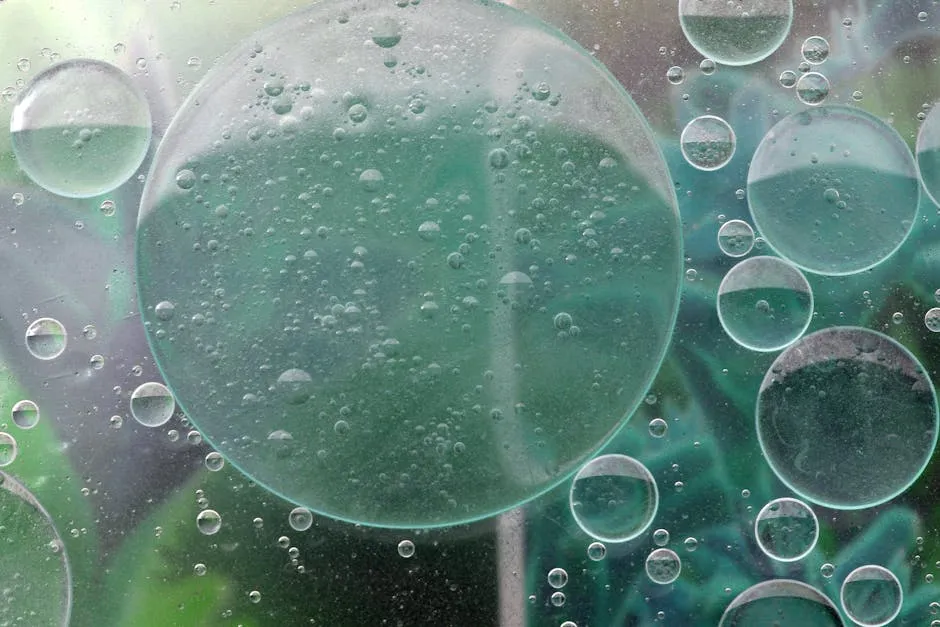
Normal vs. Abnormal Urine Color
Normal urine color typically falls within a yellow spectrum. Pale yellow indicates proper hydration. Dark yellow or amber suggests dehydration. If your urine appears red, brown, or any unusual color, it may signal underlying health issues. Always listen to your body. If you notice consistent color changes that concern you, don’t hesitate to reach out to a healthcare provider.

Common Causes of Neon Yellow Urine
Vitamin Intake
Have you noticed your urine taking on a bright yellow hue? This often stems from high levels of B vitamins, particularly riboflavin (B2) and B12. When you consume more of these vitamins than your body needs, the excess gets excreted through urine, leading to that fluorescent color. Foods rich in B vitamins include eggs, dairy products, leafy greens, and meat. If you’re taking supplements, check the dosage to avoid unnecessary excess. A good choice for B vitamins is a B-Complex Vitamins Supplement that can help balance your intake!
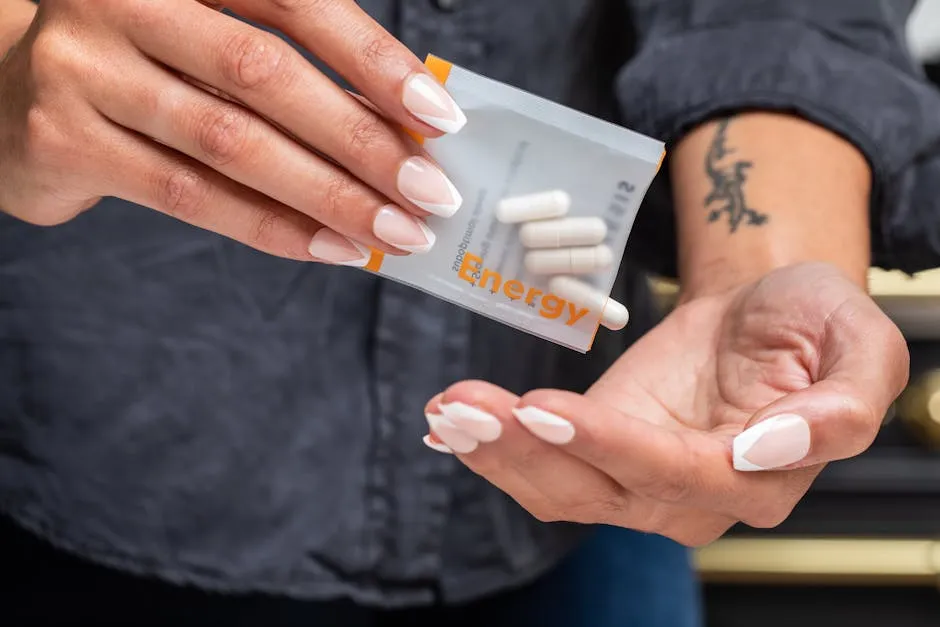
Dehydration
Dehydration can also play a significant role in urine color. When you don’t drink enough water, the pigment urochrome becomes more concentrated. This concentration can deepen your urine’s color, making it appear darker or even amber. Staying hydrated is crucial not just for overall health but also for maintaining a lighter urine shade. Aim to drink enough water throughout the day to keep your urine a pale yellow. Consider adding some flavor to your water with a Fruit Infuser Water Bottle!
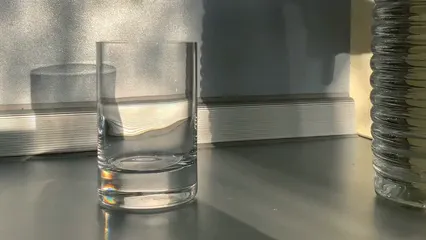
Medications and Supplements
Certain medications can alter urine color as well. Common offenders include antibiotics and laxatives, which may cause bright yellow or orange urine. Additionally, dietary supplements often contribute to this change. If you’ve recently started a new medication or supplement, take note of any color changes in your urine. It’s always a good idea to discuss these with your healthcare provider to ensure you’re on the right track. If you’re looking for a good multivitamin, check out Vitamin B12 Gummies!

Diet-Related Causes
Your diet can significantly impact urine color too. Foods like beets and carrots can cause reddish or orange hues, while asparagus may lead to a greenish tint. Processed foods containing artificial colors can also influence urine appearance. If you notice a sudden color change after eating specific foods, it might simply be a dietary effect. Keeping tabs on what you eat can help you understand these changes better. And if you’re into gardening, consider growing your own veggies with Cucumbers Seeds for Garden!
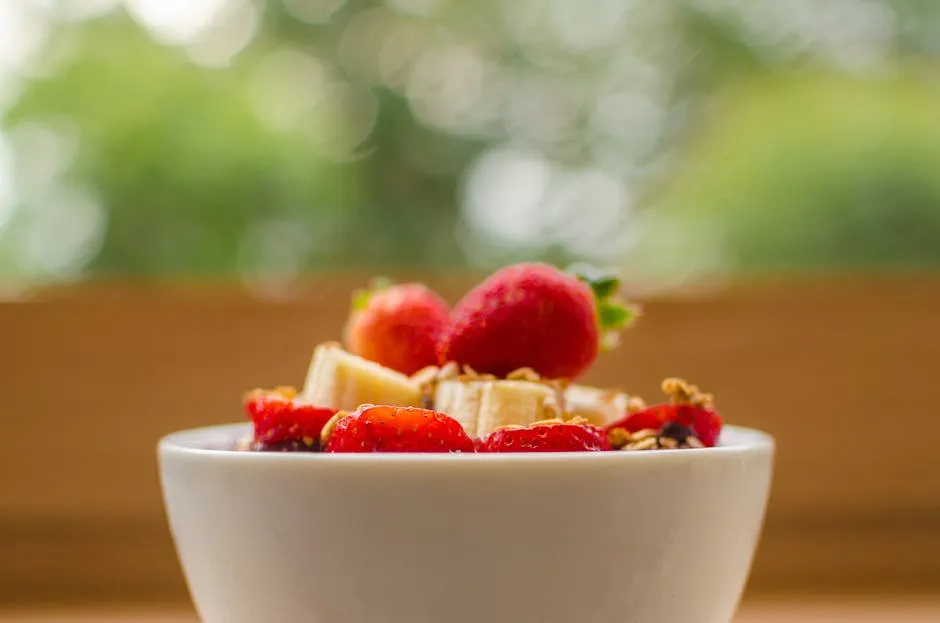
When to Seek Medical Attention
Signs of Potential Health Issues
Noticing a change in urine color, especially if it turns neon yellow, can be concerning. If this color change is accompanied by other symptoms, it may signal a health issue. Pain during urination, abdominal discomfort, or a general feeling of malaise should not be ignored. Additionally, if you experience fever, chills, or nausea, it’s wise to consult a healthcare professional. Consistent changes in urine color, particularly if it becomes dark or red, could indicate more serious conditions. Always trust your instincts; if something feels off, seek medical advice.

Diagnostic Tests for Abnormal Urine Color
When you visit a healthcare provider, they may perform several tests to find the cause of your urine color change. A urinalysis is a common test that checks for red blood cells, white blood cells, and protein levels. This helps identify infections or other abnormalities. Blood tests might be ordered to assess kidney function or liver health. Your provider will look for any signs of dehydration, infection, or other underlying conditions. Understanding the reason behind your urine color is essential for treating any potential health problems effectively.
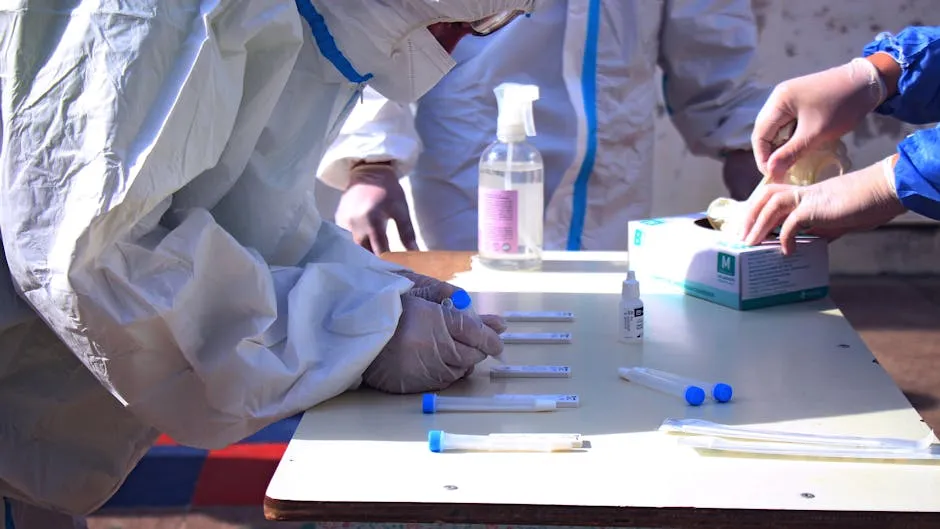
Lifestyle Changes for Healthy Urine Color
Importance of Hydration
Staying hydrated is crucial for maintaining healthy urine color. Aim for about half your body weight in ounces of water daily. For instance, if you weigh 150 pounds, try to drink at least 75 ounces of water. Keeping track of your urine color is a simple way to monitor hydration. Ideally, your urine should be a pale yellow, indicating proper hydration. If it’s darker, increase your water intake. Remember, hydration not only affects urine color but also supports overall health. So, keep that water bottle handy! And for an added boost, consider an Electrolyte Powder to help replenish your minerals!
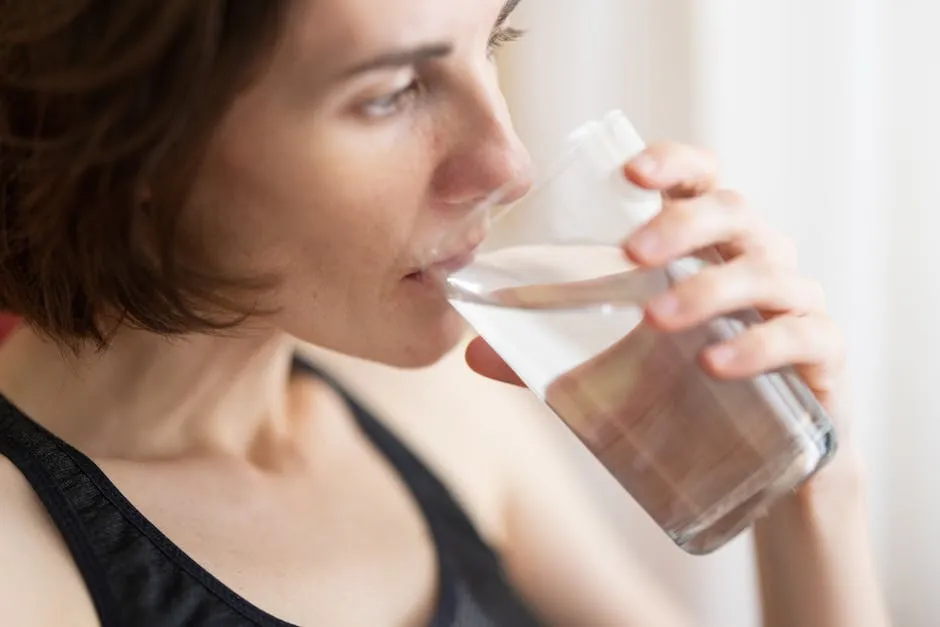
Dietary Adjustments
Adjusting your diet can help regulate urine color. Start by incorporating foods rich in water content. Think cucumbers, watermelon, and oranges. These hydrating foods not only quench thirst but also support lighter urine hues. Speaking of watermelon, how about slicing it up easily with a Watermelon Slicer? It’s a game changer!
Additionally, focus on foods high in B vitamins. Eggs, leafy greens, and dairy products are excellent choices. B vitamins, especially riboflavin and B12, can impact urine color. By balancing your intake, you can help keep your urine a healthy shade. For a nutritional boost, try incorporating Organic Green Smoothie Powder into your diet!
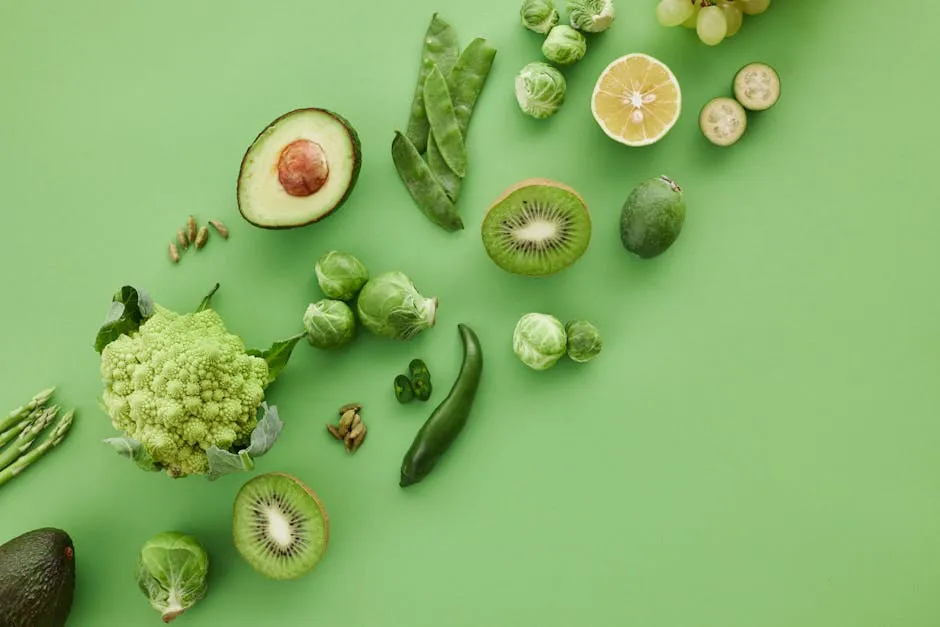
Supplementation Best Practices
When it comes to supplementation, moderation is key. Taking B vitamin supplements can lead to bright yellow urine. While this isn’t usually harmful, it can indicate excess intake. Always check the recommended dosage on your supplements. And if you’re looking for a good source of vitamin D, consider Vitamin D3 Supplements to support your overall health!
Consulting with a healthcare provider before starting any new supplements is crucial. They can guide you on appropriate dosages and help prevent potential vitamin overdoses. Remember, it’s better to be safe than sorry when it comes to your health!
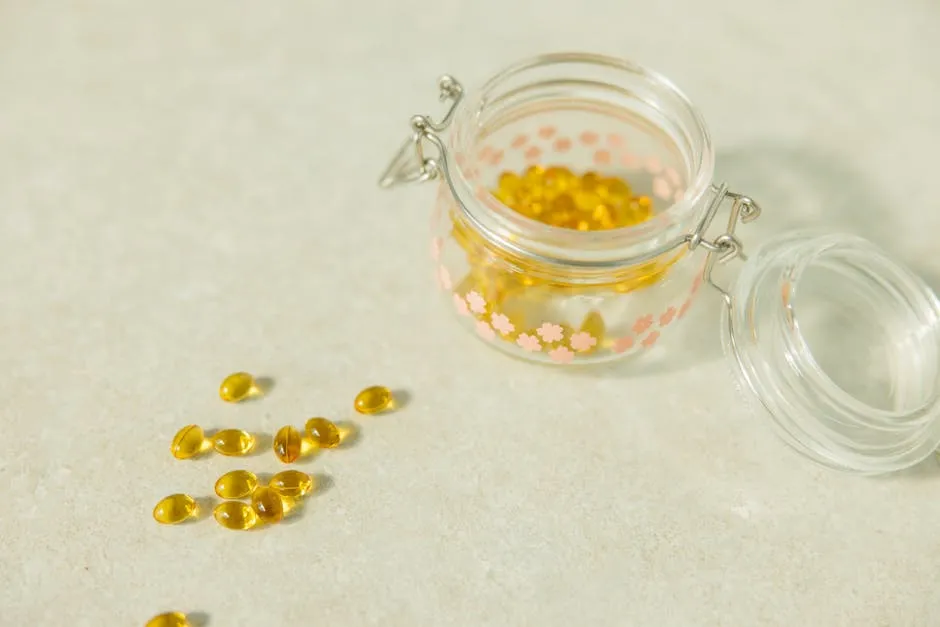
Conclusion
In summary, neon yellow urine can stem from various factors, including diet and hydration. Monitoring your urine color is a simple yet effective way to gauge your hydration levels and overall health. If you notice persistent changes in your urine color, especially if accompanied by other symptoms, seek medical advice. Staying aware of these changes can help you maintain your well-being. And for those healthy meals, consider investing in a Healthy Eating Cookbook!
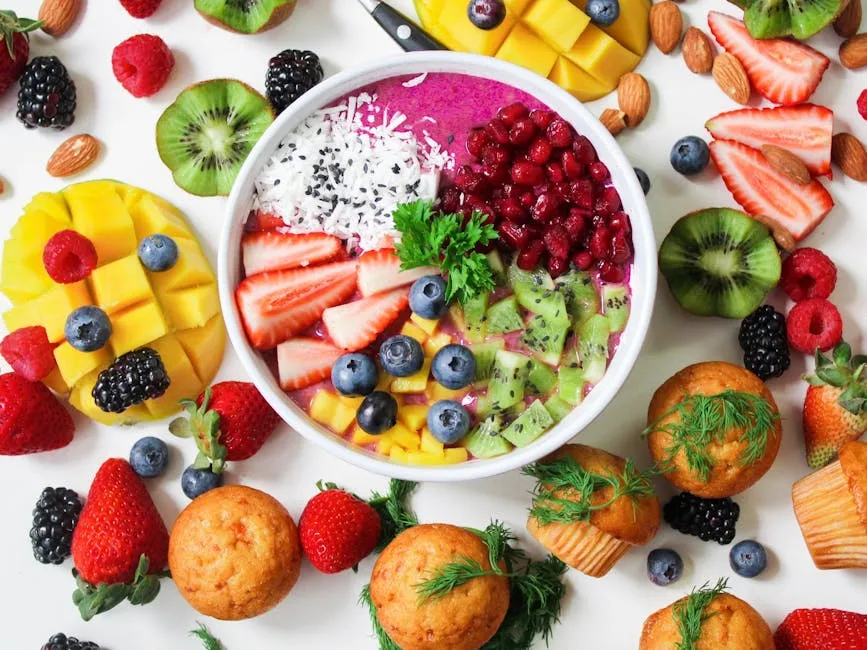
FAQs
Why is my urine bright yellow after taking vitamins?
Have you recently started taking vitamin supplements? If so, you might notice your urine has turned a bright yellow. This change is often due to high levels of B vitamins, especially riboflavin (B2). Riboflavin is water-soluble, so your body only absorbs what it needs. The excess is then excreted, giving your urine that vivid hue. It’s completely normal and not a cause for concern. Just be mindful of how much you take, as excessive amounts can lead to unnecessary waste.
Is neon yellow urine a sign of dehydration?
While bright yellow urine can signal dehydration, it’s often linked to vitamin intake. If you’re well-hydrated, your urine should be pale yellow. However, if you’ve taken B vitamins, the color may still appear bright even if you’re hydrated. Monitor your water intake to ensure you’re drinking enough fluids. If your urine stays dark yellow, it might be time to up your hydration game.
What foods can cause neon yellow urine?
Certain foods can also contribute to that neon yellow appearance. For example, beets and carrots have pigments that can alter urine color. Foods high in artificial coloring, like some candies and drinks, may also impact the hue. If you notice a color change after eating specific foods, it’s likely just a dietary effect rather than a health concern.
When should I see a doctor about urine color?
If you notice a persistent change in urine color, especially if it turns dark yellow, red, or brown, it may be a sign to consult a healthcare professional. Other symptoms that warrant a visit include pain during urination, abdominal discomfort, or fever. These could indicate underlying health issues that need attention.
Can medications cause urine to change color?
Yes, certain medications can lead to changes in urine color. Common culprits include antibiotics and laxatives, which might cause bright yellow or orange urine. If you’ve recently started a new medication and notice a color change, check with your healthcare provider. They can help determine if it’s a normal side effect or something to be concerned about.
How can I maintain a healthy urine color?
To keep your urine color within the healthy range, focus on hydration and a balanced diet. Aim to drink enough water daily, ideally half your body weight in ounces. Incorporate water-rich foods like cucumbers and watermelon. A diet rich in B vitamins—found in eggs, leafy greens, and dairy—can also support healthy urine color without causing extremes.
What does it mean if my urine is consistently dark yellow?
If your urine appears consistently dark yellow, it could indicate dehydration or a need for more fluids. However, if you’re hydrated and still see dark urine, it may suggest other issues, possibly related to your diet or health. If this persists, consider reaching out to a healthcare professional for guidance.
Please let us know what you think about our content by leaving a comment down below!
Thank you for reading till here 🙂
All images from Pexels




